Apex Legends has a vast and interconnected narrative, with a diverse cast of colorful characters. The introduction of seasonal quests in season five marked the beginning of that narrative gaining a greater importance in Apex’s live service model, developing those characters into morally gray heroes or villains you love to hate.
The first quest premiering that seasonal quest system was called The Broken Ghost, and it was a hit.
The Broken Ghost blended the gameplay of short PvE missions with the character drama of text-based episodes, all released on a weekly basis to an eager fanbase of lore consumers. Unraveling the mystery of the season was interactive, with players getting the opportunity to hunt for the technology desired by Loba and the Syndicate before conversations between all of the legends played out on their screens.
In the quest’s grand finale, players discovered each recovered piece of technology from their missions connected together to build a head that belonged to Ash, a notorious antagonist from Titanfall 2. Apex had always shared a universe with Titanfall, but this plot beat brought that connection to the forefront for the first time. It was an exciting way to kickstart this new venture into the quest concept, and sparked fierce discussions and theories like Apex had never seen before.
Every season after that, a new seasonal quest has accompanied the release, but never quite in the same format due to production and time restraints. In season six, the seasonal quest transitioned to an in-game comic rather than the hybrid gameplay and text-based experience of The Broken Ghost. While not as well received, comics would continue to be utilized until season 11, where the text-based format returned for Trouble In Paradise but without the in-game missions that accompanied it originally. Despite initial excitement for the return of these text-based episodes, as they were seen to be easier to read than the comics, it hasn’t been as well received as expected.
The quests have always been popular, but their role in Apex as a whole appears to be on the decline. Players can’t seem to decide what the best path forward for the quests is. It doesn’t help that many significant story beats are being relegated by Respawn Entertainment to social media posts or alternative in-game delivery engines instead.
As we approach season 13, a lack of spotlight and a fear of stagnation leave the seasonal quest experience in a precarious position. Usurped by new, experimental formats, is Apex’s seasonal quest style of lore delivery still working, or does it need changes to remain relevant in future seasons?
Different formats and different tastes
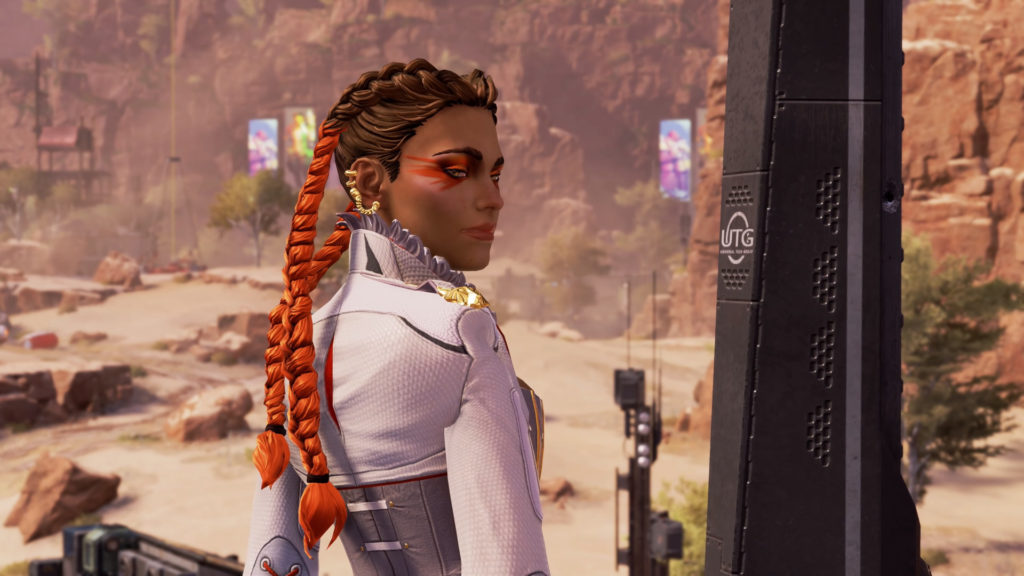
I conducted a survey with hundreds of responses among fandom communities on Discord and Twitter who regularly engage with Apex’s lore. The goal was to gauge how much active players currently enjoy the seasonal quest format and how their enjoyment has changed over time. It also asked what fans saw as Apex’s best lore delivery engines currently.
Digging into players’ favorite delivery engines is important because Apex has a lot of platforms for publishing lore now compared to when quests were first introduced in season five. Character interactions in-game have been a popular organic way for players, even casual ones, to learn about the relationships between the legends. Stories from the Outlands cinematics, released either to market a new season or delve into a character’s backstory, garner millions of views on YouTube. Radio plays and community comics, usually posted to Twitter, see Respawn collaborate with fandom artists to bring different small scenes to life, from a confrontation between Bangalore and Wraith to Mirage repairing his friendships. Chronicles, a new in-game format, offer bite-sized episodic gameplay experiences to tell a self-contained story following one legend.
The survey ultimately paints a complicated reality of what this split in platforms means for seasonal quests. Players love the seasonal quests; in fact, roughly 75 percent of participants said as much. But that enjoyment has dwindled over time for many of them, with 52 percent suggesting that—while they may be part of the majority that love the format—they’ve been enjoying them less season after season.
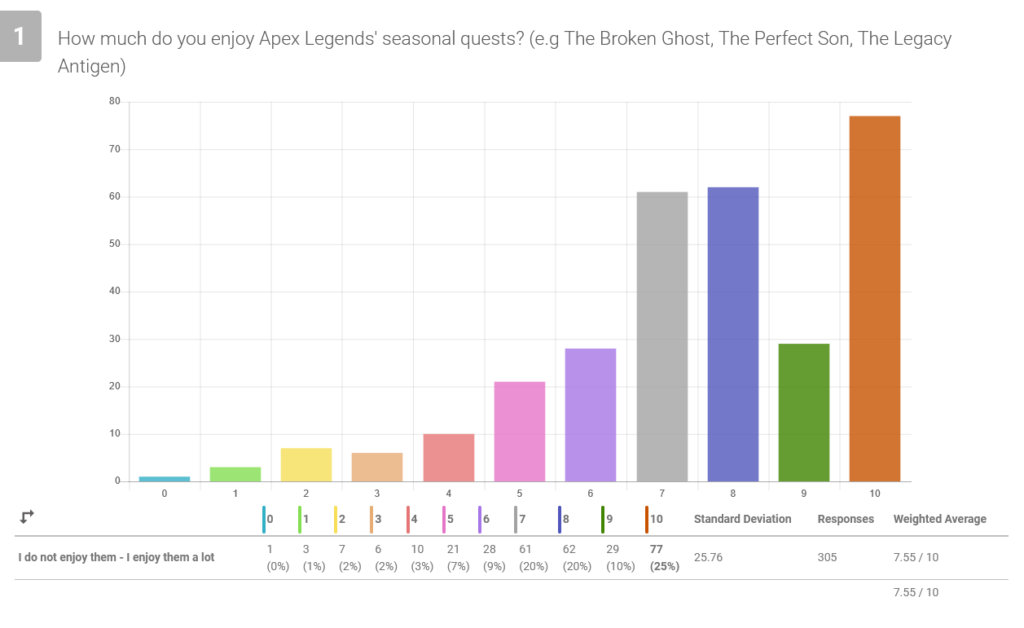
Part of this might be because only four percent of responses said text-based seasonal quests, the format used in seasons 11 and 12, stand as their favorite format. Text-based quests were originally brought back by public demand, inspired by the system on which Apex’s first seasonal quest operated on. But when a massive majority of 77 percent still say The Broken Ghost’s hybrid format of gameplay missions and text-based chapters was their favorite, it’s clear the text alone isn’t enough to engage audiences.
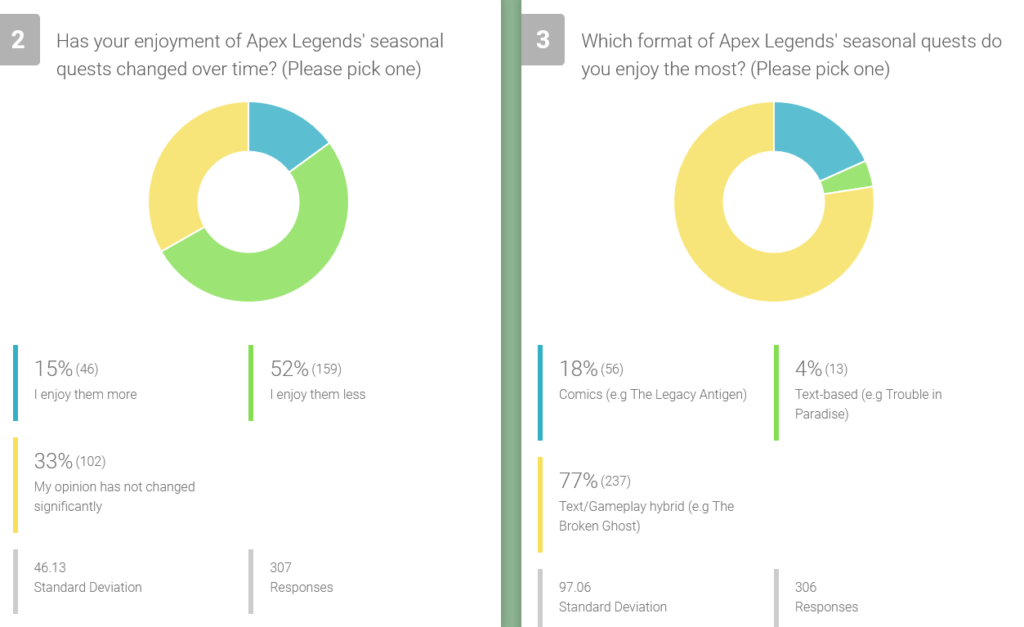
This doesn’t mean the solution is to bring back The Broken Ghost’s style of doing things every season. In October 2021, Respawn’s writing team pointed to the monumental effort that the quest required to release. Instead, it’s worth examining that gameplay component missing from the return of the text-based format.
Games offer us ways to experience stories through a character’s eyes. It’s a visceral interactive experience unique to the medium that lets you relate to the events on-screen on a deeper level. It’s a challenge for Apex to tap into this as a free-to-play battle royale not originally equipped with the systems and levels to support this kind of storytelling. But its new experimental format, Chronicles, is painting a promising picture of the future.
Chronicles and the future of Apex
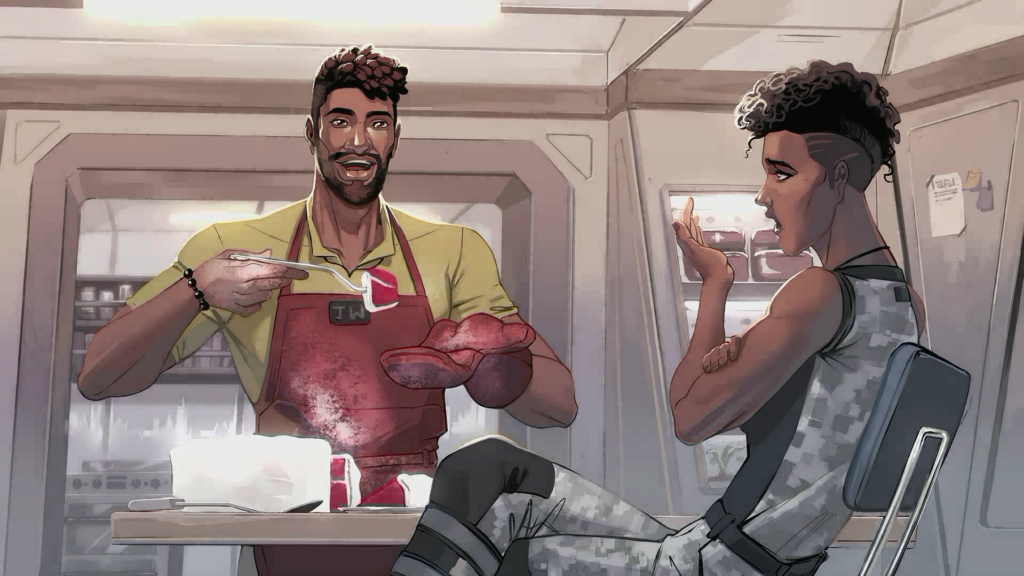
Despite only two Chronicles—Old Ways, New Dawn and The Williams Sendoff—being released in season 10 and 12, respectively, they’ve already cemented a comfortable spot in the minds of Apex’s fandom communities. When fans in the survey were asked what their favorite platforms for lore delivery are, Chronicles were the second most popular choice, beaten out only by the Stories From The Outlands cinematics. For a more self-contained and bite-sized piece of storytelling released only every other season, that’s already a big impact.
The success of Chronicles is multi-faceted, owed both to quality storytelling and character-writing, as well as offering playable experiences that players beyond just the lore aficionados want to engage with.
In the case of The Williams Sendoff, it also takes lore that was traditionally released on social media exclusively and gave it an in-game presence instead. Radio plays are fully voice-acted scenes written by Apex’s writers playing out against a partially animated art piece drawn by fandom artists. One of these was featured at the end of every chapter of The Williams Sendoff.
These have only ever been posted to Twitter previously, but their addition here as concluding scenes to each chapter of the Chronicle was a perfect fit. It made for a healthy blend of engaging gameplay segments and cinematic character conversations. Radio plays have not been a particularly popular form of lore delivery in the past, but infusing them with the Chronicle into one synchronous piece of narrative was hugely successful. The Williams Sendoff alone doubled engagement figures on the Apex Lore subreddit in the first week of April, according to the subreddit’s admin Kryptek.
It begs the question: does the future of seasonal quests lay in combining Apex’s diverse lore delivery platforms?
The struggle of staying connected
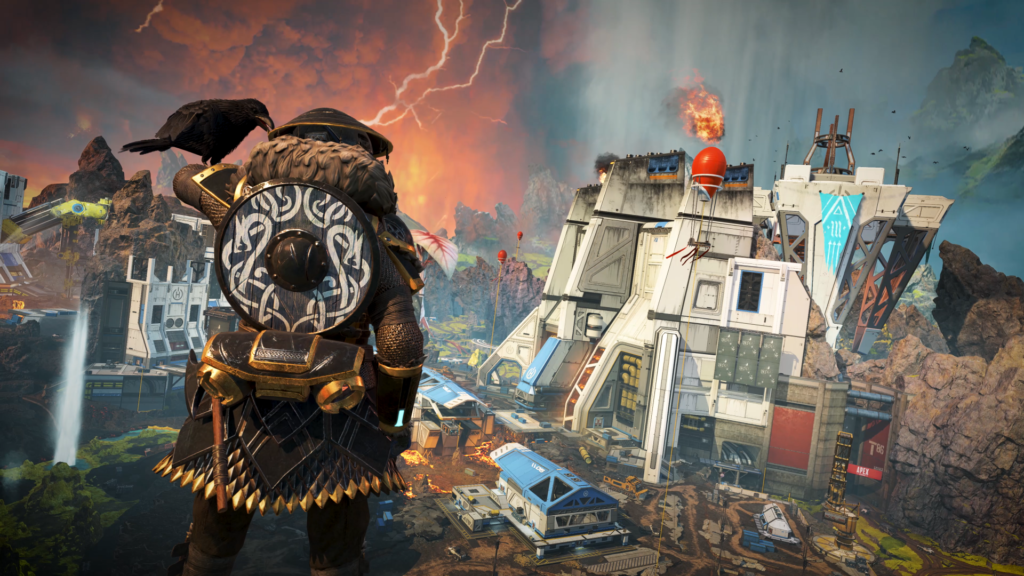
It may have to; the survey made clear that keeping up with the lore in Apex in its current state isn’t easy. In seasons five and nine, when The Broken Ghost and The Legacy Antigen seasonal quests were the primary drivers of the lore, keeping up casually was fairly simple. Episodes were released on a predictable weekly basis, and The Legacy Antigen’s supplementary Twitter comics were promoted in-game.
But for seasons where the lore extends far beyond the seasonal quest, some players may not even realize major narrative beats are happening elsewhere. A brief reunion between Crypto and his lost sister Mila was recently relegated to the Overtime comic by Dark Horse. Revenant’s attempts to convince Bangalore to come with him to Gridiron were tied to a Twitter comic while the rest of the story arc happened in-game. A fractured release schedule like this isn’t tough for an avid fan to follow, but even one missed radio play or comic can leave more casual observers in the dark on crucial shifts in character relationships.
A surprising amount of respondents, when asked how easy it is to keep up with the story, ranged from finding it slightly difficult to very difficult in the current day. A small majority of participants still don’t find it to be too challenging of a task, but it realistically should be easy to keep up with Apex‘s narrative for fans. The fact that it isn’t for many is a big problem.
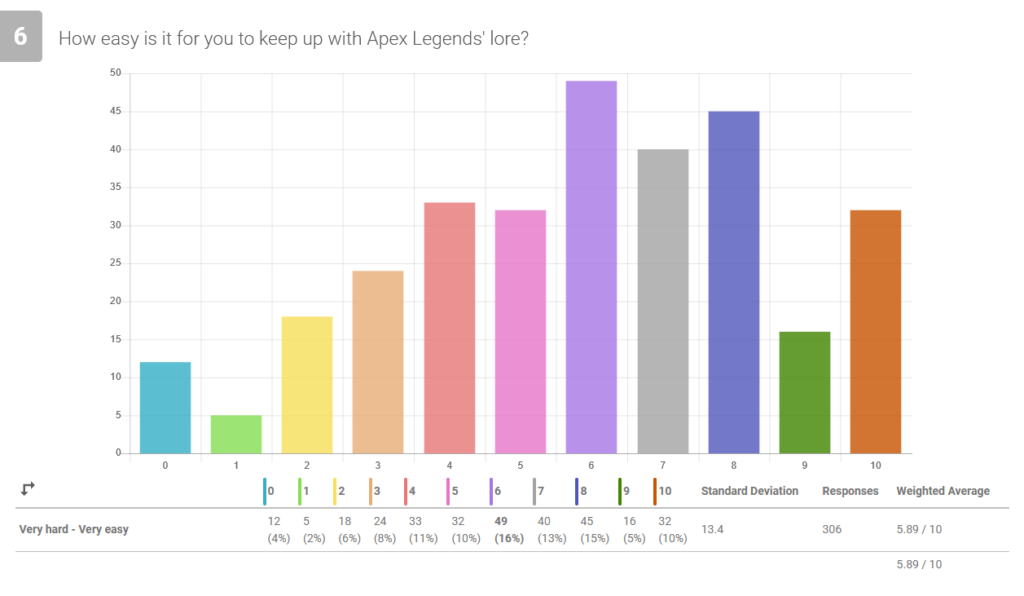
On top of the split release schedules and platforms, this is also due to a lack of official archiving efforts. Players who missed out on previous seasonal quests have to go to sites like the fan-created Apex Legends wiki or r/ApexLore’s Compendium to catch up, and Twitter lore posts can be even harder to recover, owing to the recency bias the website’s posting system functions on. Some of this could be solved by adding a recap of recent events at the beginning of new seasonal quests, but this is a Band-Aid—not a long-term solution.
It’s an issue that has to be solved sooner rather than later, because new story beats start and conclude every season, making it tougher for new players to catch up or feel it’s worth investing time into. Even if the writing featured on every platform is stellar and the formats are critically well-received, excellence alone isn’t enough to keep everyone invested if they have to go out of their way to find each hidden piece of lore.
Putting everything together
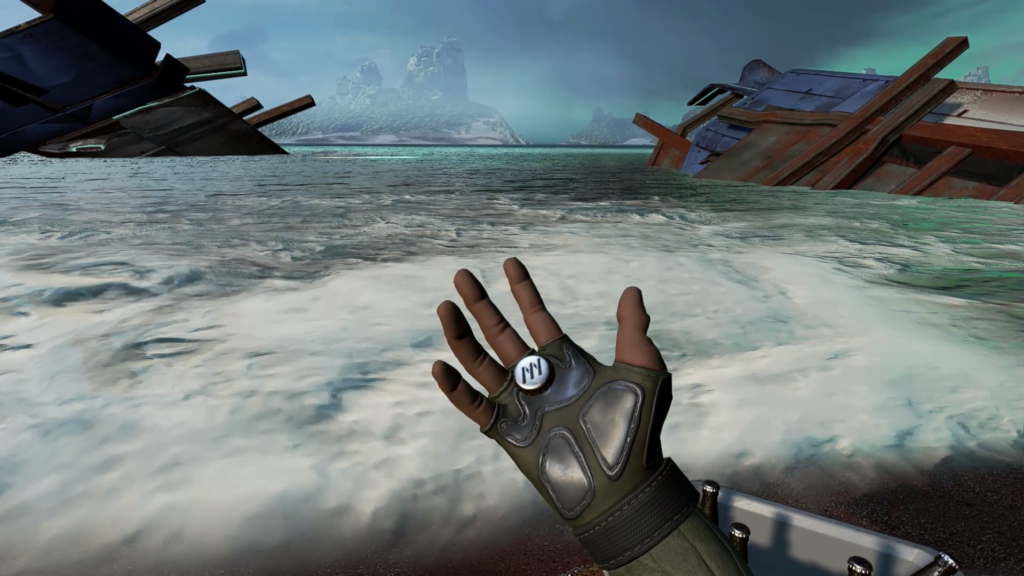
Players love the seasonal quests. Players love seeing their favorite legends interact and go on adventures in the Apex universe. In fact, almost 60 percent of survey participants see their enjoyment of those seasonal quests vastly influenced by the legends involved. This might also explain why The Legacy Antigen and The Broken Ghost saw the most engagement of any quests, where almost all of the legends had some amount of screen time.
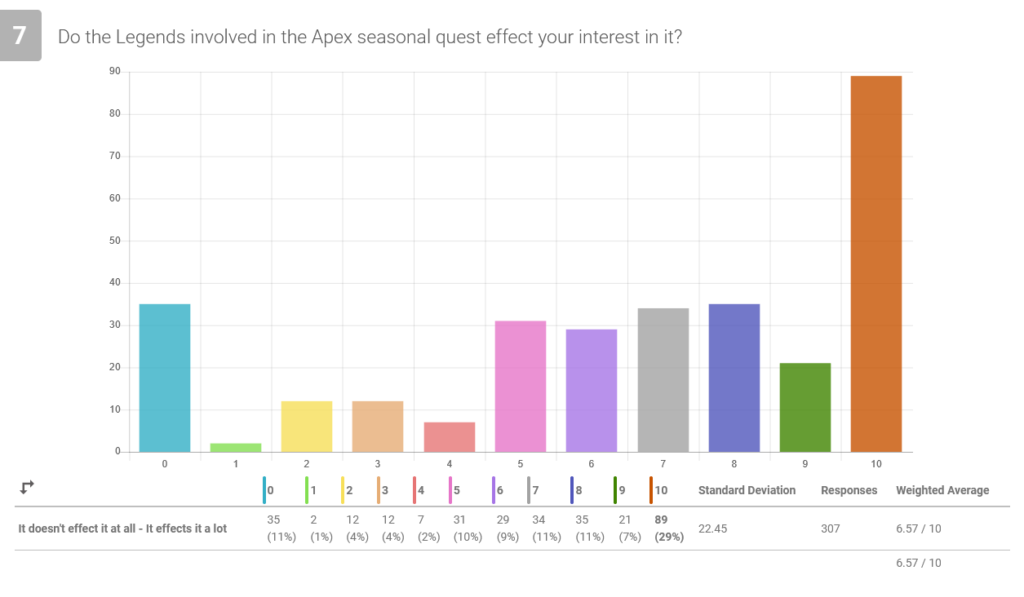
But putting together quests of that scale, with stakes that require all of the legends to pitch in, doesn’t fit the smaller episodic style with which seasonal quests currently exist. Weaving good narratives takes time and throwing more writers at the problem doesn’t necessarily equal faster turnaround. If community sentiment is currently that Apex could be handling its lore better, Respawn and fans may need to grapple with a different concept: seasonal quests no longer being seasonal.
After the narrative drought of season 10, which featured only the new Chronicles story event and no seasonal quest, the concept may initially appear less than ideal. The model currently in play might be a necessary evil and instead, expectations just need to be recalibrated about what a seasonal quest can be. But interestingly enough, survey responses were mixed when asked about how much a quest’s relevance to the new legend or map changes affected their enjoyment of it. Forty-six percent of responses ranged from a quest’s relevance to these factors not affecting their interest at all to only affecting it a moderate amount.
Perhaps certain seasons and legend releases could keep their lore developments to a more limited set of formats, from the season’s cinematics to content on social media such as Kairi’s eulogy in season nine. Perhaps the Chronicle story events, rather than offering a self-contained narrative, could intertwine with a complementary quest and explore how that quest is influencing certain characters. While the current seasonal quest, The Perfect Son, has had a positive reception, the lack of relevance shared between it and this season’s Chronicle event feels like a missed opportunity. It also means revelations in The Perfect Son, such as Octane’s father Duardo Silva not actually being Duardo Silva, have been overshadowed by the far more accessible narrative in The Williams Sendoff surrounding Bangalore.
A promising future ahead

We are incredibly lucky as players of a battle royale game to get as much story as we do every season. It’s a testament to the passion of the Apex writing team at Respawn that the majority of seasons have included everything from comics and radio plays to the seasonal quests. But if seasonal quests are to remain an exciting part of the puzzle that more of the playerbase wishes to engage in, they should be allowed to have more time in the oven, directly benefitting from and integrating with some of the new and widely successful supplementary formats.
When asked how much they like Apex’s current variety of formats, 46 percent of the survey responses wanted the lore to be less spread out. With only 25 percent of participants enjoying the current breadth of delivery platforms and 16 percent wanting more or different ones, it’s fair to say that it is in Apex’s best interest to consolidate its storytelling devices in a way like suggested above. Adding the strengths of radio plays to complement the Chronicles event this season was an excellent first step, but seasonal quests are a reliable primary driver of the story and would benefit even more from similar hybrid formats.
Apex fans are still invested in its storytelling. The seasonal quests are not in need of revolution, but evolution. Refining the game’s lore delivery now before fractured storylines and character story beats become too difficult for new players to follow can future-proof Apex Legends for years to come.


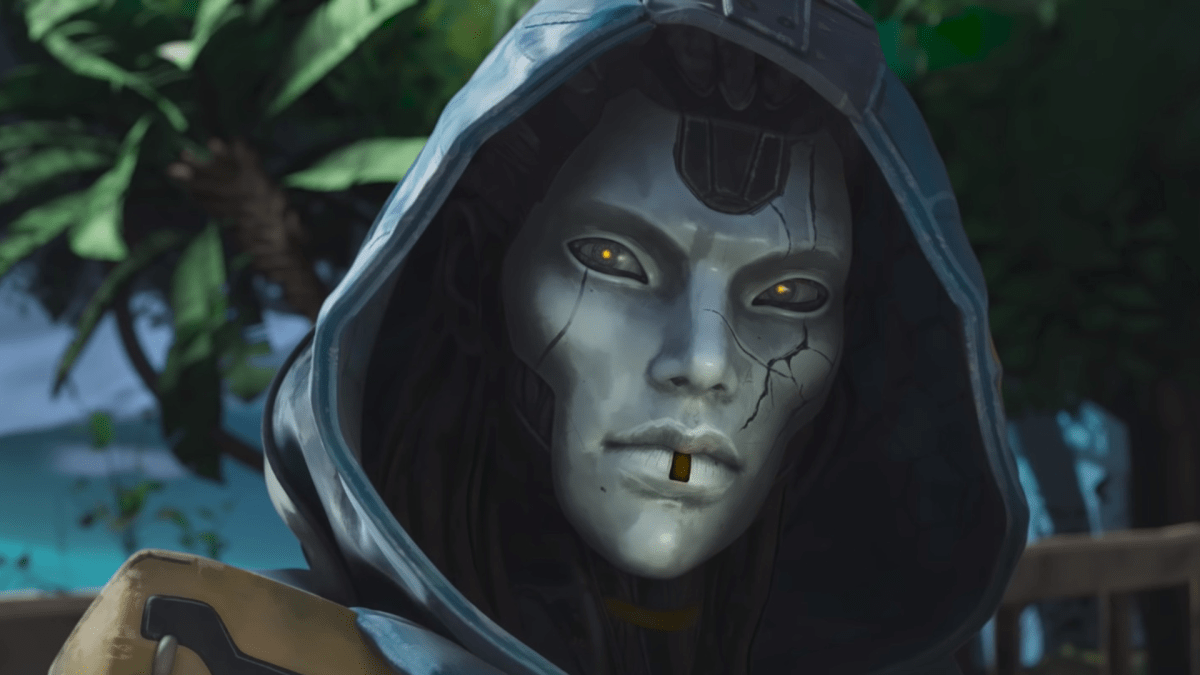
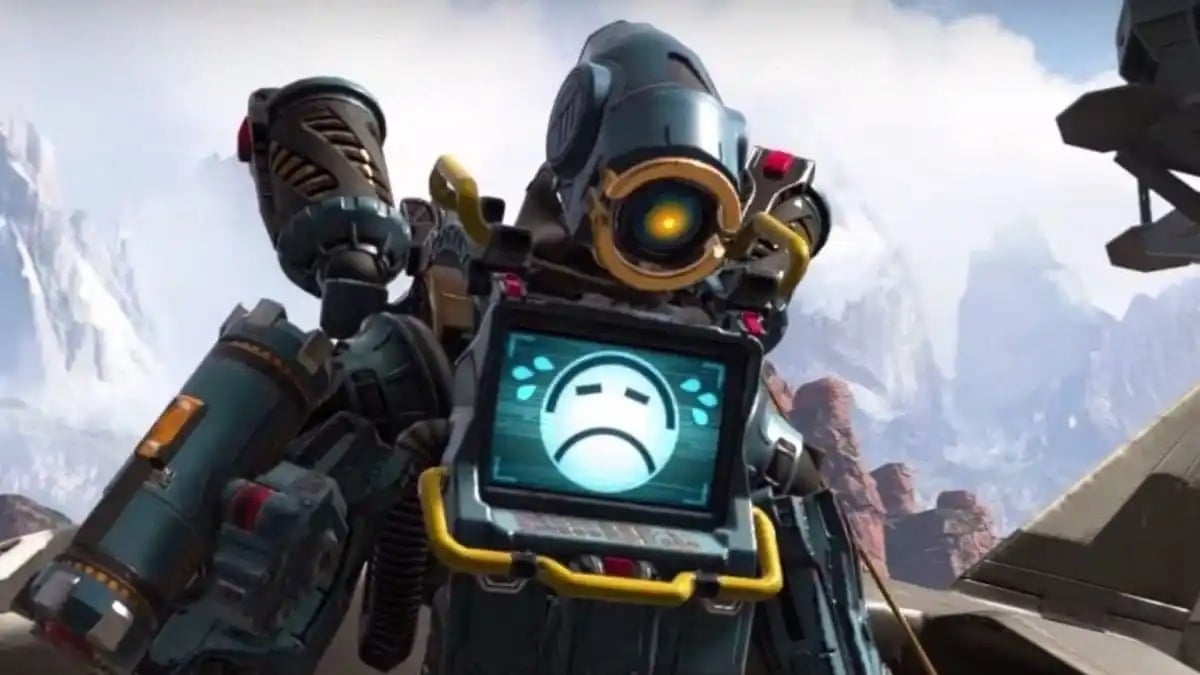
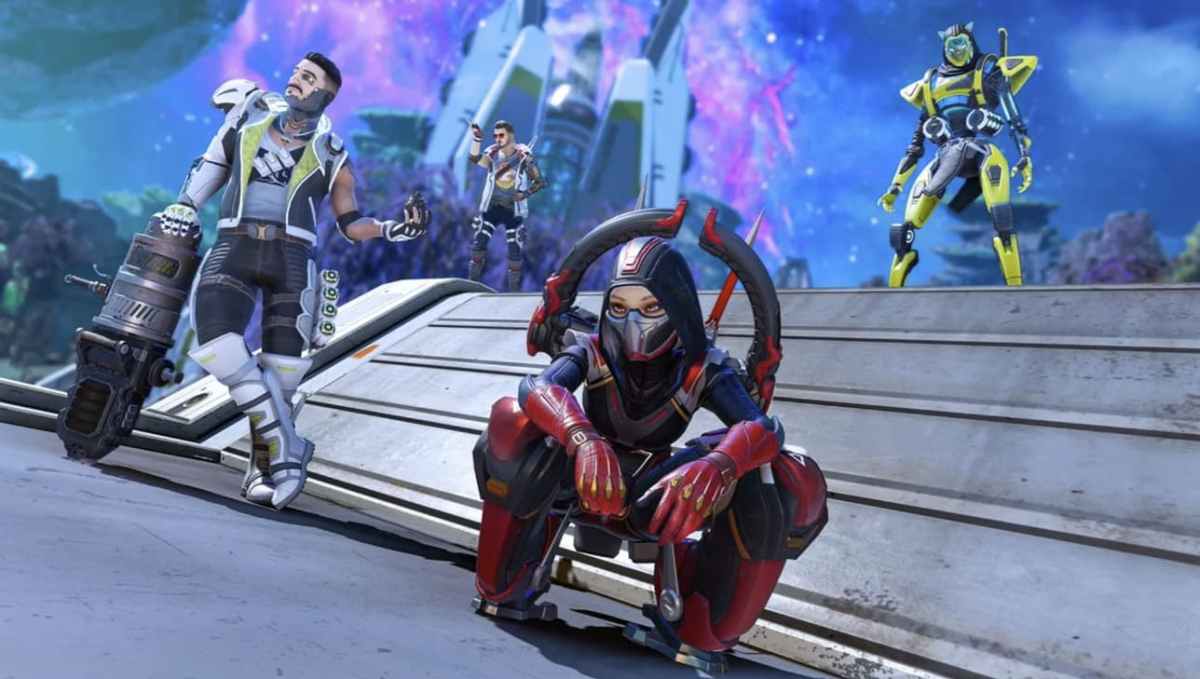
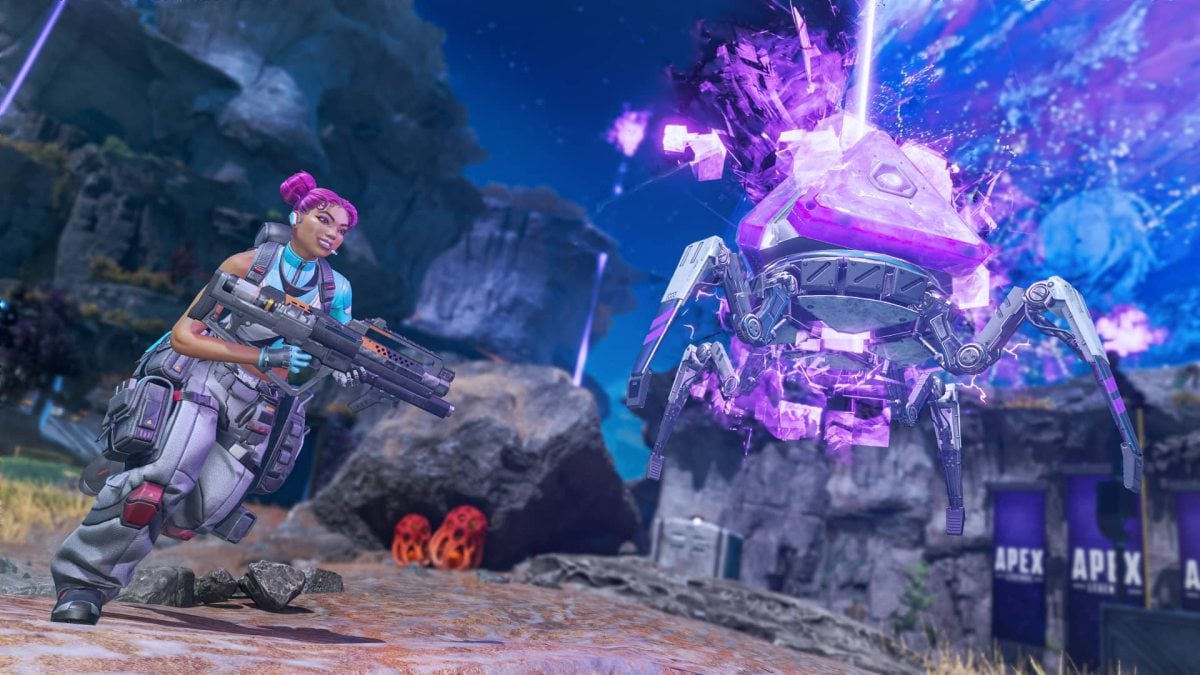
Published: Apr 13, 2022 01:02 pm